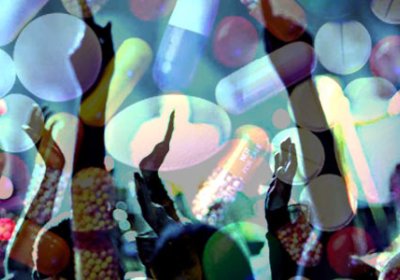It seems the whole country is discussing pill testing. A simple harm reduction measure, pill testing enables someone to learn what is in drugs they intend to take, which may have been contaminated with potentially deadly substances, and gives them an opportunity to learn how to reduce the chance of any adverse effects of drug use.
Mary Ellen Harrod
The intention of zero tolerance is to reduce harm by reducing drug taking. But the reality is that zero tolerance does not work and that people will continue to use drugs.
The federal government has proposed a drug testing trial for new welfare recipients.
Prime Minister Malcolm Turnbull described the proposed policy as being “all about love”, saying: “If you’ve got a friend who is on drugs, what do you want to do? You desperately want to get them off it.”
This needs to be examined.
The recent federal budget announced a terrible new policy — drug testing 5000 new recipients of Youth Allowance or Newstart. The drugs tested for will be cannabis, methamphetamine and MDMA.
Prime Minister Malcolm Turnbull has defended the policy as "aimed at stabilising the lives of people with alcohol and drug abuse problems by encouraging them to participate in treatment as part of their Job Plan". At the same time, people with diagnosed substance abuse disorders have been excluded from disability benefits.
The existence of drug markets — and the struggles around them — raise a number of important sociopolitical and structural issues for analysis.
The expansion of markets for psychoactive substances was a strategic initiative by European companies in the development of capitalism, slavery and imperialism. Initially there were no illicit markets but the licit industries included the critical sugar (and rum) industry in Haiti, Jamaica, Colombia and other countries and the tobacco industry in the US South.




